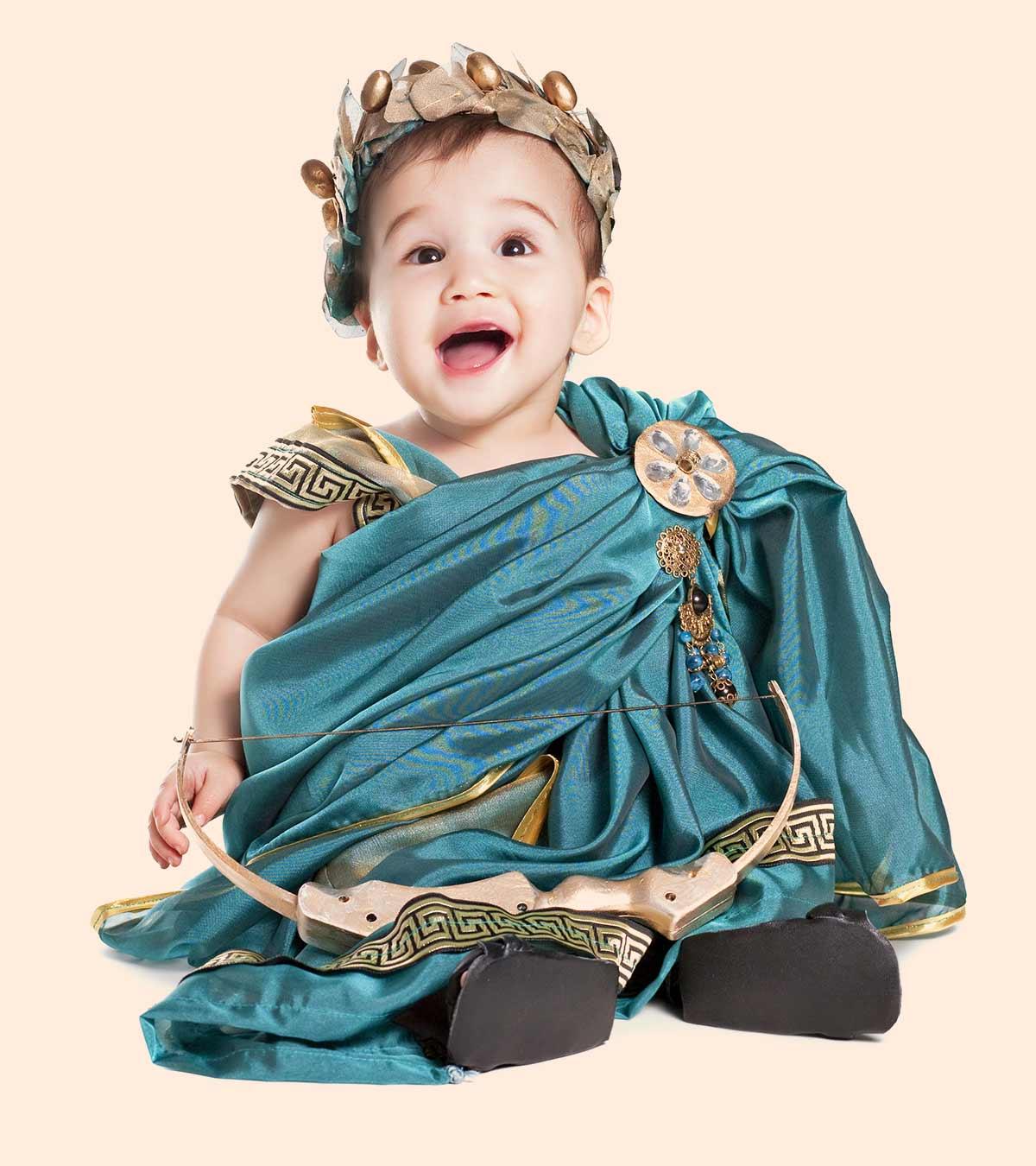Let’s talk about something that carries generations of history in just a few words—Polynesian surnames. These aren’t just names; they’re stories of ancestry, culture, and identity wrapped into one. Imagine a name that doesn’t just identify someone but also tells you where they come from, who their ancestors were, and even what values they hold dear. That’s the magic of Polynesian family names. So, buckle up because we’re diving deep into the fascinating world of Polynesian surnames, and trust me, it’s gonna be a wild ride.
Now, you might be thinking, “Why should I care about Polynesian surnames?” Well, here’s the thing: these names are more than just labels. They’re a reflection of a rich cultural heritage that spans thousands of years and connects people across the vast Pacific Ocean. If you’re into genealogy, linguistics, or simply curious about how cultures shape identity, this is gonna blow your mind.
Before we dive into the nitty-gritty, let’s set the stage. Polynesia isn’t just one place—it’s a collection of islands scattered across the Pacific, from Hawaii to New Zealand to Tahiti. And guess what? Each of these islands has its own unique way of naming families. But don’t worry, we’ll break it down step by step so you can fully appreciate the beauty and complexity of Polynesian surnames.
Read also:Exploring The World Of Butt Cam A New Perspective On Popular Culture
What Makes Polynesian Surnames So Unique?
Alright, let’s get to the heart of the matter. What makes Polynesian family names stand out? For starters, they’re deeply tied to the natural world. Think about it—many Polynesian surnames are inspired by elements of nature, like mountains, oceans, or even celestial bodies. It’s like the ancestors were saying, “We’re part of this land, and this land is part of us.”
But it’s not just about nature. Polynesian surnames often carry spiritual significance. They might reference gods, ancestors, or significant events in the family’s history. And here’s the kicker—they’re not just random words strung together. Each name has a purpose, a meaning, and a story behind it. So, when you hear a Polynesian surname, you’re not just hearing a name—you’re hearing a piece of history.
Key Characteristics of Polynesian Surnames
Now that we’ve established what makes these names special, let’s break it down even further. Here are some key characteristics that define Polynesian surnames:
- Connection to Nature: Many names are inspired by natural elements, like "Moana" (ocean) or "Alofa" (love).
- Family Legacy: Surnames often honor ancestors or significant family members, ensuring their memory lives on.
- Cultural Significance: These names reflect the values and traditions of Polynesian cultures, such as respect, unity, and resilience.
- Language Variations: Different islands have their own dialects, which means surnames can vary slightly depending on the region.
See what I mean? Polynesian surnames are more than just a collection of letters—they’re a tapestry of culture, history, and identity.
Exploring the Origins of Polynesian Surnames
Let’s rewind a bit and talk about where these names come from. Polynesia is a melting pot of cultures, and each island group has its own unique naming traditions. For example, in Hawaii, surnames often reflect the island’s connection to nature and spirituality. In Samoa, names might honor a family’s role in society or their ancestral lineage. And in Tonga, surnames can indicate social status or rank.
But here’s the thing: Polynesian surnames didn’t just pop up out of nowhere. They evolved over centuries, shaped by migration, colonization, and cultural exchange. Some names have remained unchanged for generations, while others have adapted to modern times. It’s a fascinating blend of tradition and innovation.
Read also:Understanding May Twins A Comprehensive Guide To Zodiacinspired Personalities
How Colonialism Influenced Polynesian Surnames
Now, let’s talk about the elephant in the room—colonialism. When European settlers arrived in Polynesia, they brought with them new languages, religions, and naming conventions. In some cases, this led to the adoption of Western-style surnames, which replaced traditional Polynesian names. But guess what? The Polynesian spirit is resilient, and many families managed to preserve their original surnames despite these influences.
Today, you’ll find a mix of traditional and Westernized surnames across Polynesia. Some families have hybrid names that combine both cultures, creating a unique blend of old and new. It’s a testament to the adaptability and strength of Polynesian identity.
Understanding the Cultural Significance of Polynesian Surnames
Let’s dive deeper into the cultural significance of these names. In Polynesian cultures, family is everything. Surnames aren’t just a way to identify someone—they’re a way to connect them to their ancestors, their community, and their heritage. Think about it—when you hear a Polynesian surname, you’re not just hearing a name. You’re hearing a story of where that person comes from and who they are.
And here’s the coolest part: Polynesian surnames often carry moral lessons. They might remind someone to be kind, respectful, or courageous. It’s like the ancestors are whispering in your ear, saying, “Remember who you are and where you come from.”
Examples of Polynesian Surnames and Their Meanings
Let’s look at some examples to bring this all to life. Here are a few Polynesian surnames and their meanings:
- Tu’uhea: This Samoan surname means “standing tall,” symbolizing strength and resilience.
- Moana: A Hawaiian surname that means “ocean,” reflecting the island’s deep connection to the sea.
- Taumoefolau: A Tongan surname that means “stand firm,” emphasizing the importance of stability and endurance.
- Manuia: A Tahitian surname that means “blessed,” highlighting the spiritual significance of family names.
See how each name tells a story? That’s the beauty of Polynesian surnames—they’re not just names; they’re narratives.
Modern Trends in Polynesian Surnames
Now that we’ve explored the history and cultural significance of Polynesian surnames, let’s talk about what’s happening today. In the modern world, Polynesians are finding new ways to honor their heritage while embracing global influences. Some families are reviving traditional names that were lost during colonization, while others are creating new names that reflect contemporary values.
And here’s the best part: technology is playing a role in this revival. Genealogy websites, social media, and online communities are helping Polynesians connect with their roots and share their stories with the world. It’s like the digital age is giving these names a new lease on life.
The Role of Technology in Preserving Polynesian Surnames
Let’s zoom in on how technology is helping preserve Polynesian surnames. Platforms like Ancestry.com and FamilySearch.org are making it easier for people to trace their family trees and rediscover lost names. Social media is also playing a big role, with hashtags like #PolynesianPride and #FamilyLegacy helping to amplify these stories.
But here’s the thing: technology isn’t just about preservation—it’s also about innovation. Many Polynesians are using digital tools to create new names that honor their heritage while reflecting modern values. It’s a beautiful example of how tradition and technology can coexist.
Challenges Facing Polynesian Surnames Today
Of course, no story is complete without its challenges. One of the biggest issues facing Polynesian surnames today is the risk of losing them altogether. As younger generations become more globalized, there’s a danger that traditional names will fade away. But here’s the good news: many communities are actively working to preserve these names through education, cultural programs, and community initiatives.
Another challenge is the misrepresentation of Polynesian culture in popular media. Sometimes, names are used out of context or without understanding their true meaning. It’s important for us, as a global community, to respect and honor the significance of these names.
Solutions to Preserve Polynesian Surnames
So, what can we do to help preserve Polynesian surnames? Here are a few ideas:
- Education: Teach younger generations about the importance of their family names and the stories behind them.
- Community Programs: Support initiatives that celebrate Polynesian culture and heritage.
- Technology: Use digital tools to document and share family histories.
- Respect: When using Polynesian names, make sure you understand their meaning and significance.
By taking these steps, we can ensure that Polynesian surnames continue to thrive for generations to come.
The Future of Polynesian Surnames
So, where do we go from here? The future of Polynesian surnames looks bright, thanks to the efforts of communities around the world. As more people embrace their heritage and share their stories, these names will continue to evolve and adapt to modern times. And that’s a beautiful thing.
But here’s the most important part: it’s up to all of us to respect and honor these names. Whether you’re Polynesian or not, you can play a role in preserving this rich cultural heritage. By learning about Polynesian surnames, sharing their stories, and supporting initiatives that celebrate them, we can ensure that these names continue to inspire and connect people around the world.
Why Polynesian Surnames Matter in the Modern World
Let’s wrap this up with one final thought. Polynesian surnames matter because they remind us of the power of identity. In a world that’s becoming increasingly globalized, it’s more important than ever to hold onto our roots and remember where we come from. These names are a testament to the strength, resilience, and beauty of Polynesian cultures, and they have so much to teach us about the world and ourselves.
Conclusion: Celebrating the Legacy of Polynesian Surnames
And there you have it—the fascinating world of Polynesian surnames. From their deep cultural significance to their role in shaping identity, these names are a treasure trove of history and heritage. Whether you’re exploring your own family tree or simply curious about the world around you, Polynesian surnames offer a glimpse into a rich and vibrant culture that continues to inspire and connect people across the globe.
So, what’s next? I encourage you to dive deeper into the world of Polynesian surnames, share your own stories, and support initiatives that celebrate this incredible heritage. And don’t forget to leave a comment or share this article with your friends. Together, we can keep the legacy of Polynesian surnames alive for generations to come.
Table of Contents
- What Makes Polynesian Surnames So Unique?
- Exploring the Origins of Polynesian Surnames
- How Colonialism Influenced Polynesian Surnames
- Understanding the Cultural Significance of Polynesian Surnames
- Examples of Polynesian Surnames and Their Meanings
- Modern Trends in Polynesian Surnames
- The Role of Technology in Preserving Polynesian Surnames
- Challenges Facing Polynesian Surnames Today
- Solutions to Preserve Polynesian Surnames
- The Future of Polynesian Surnames


